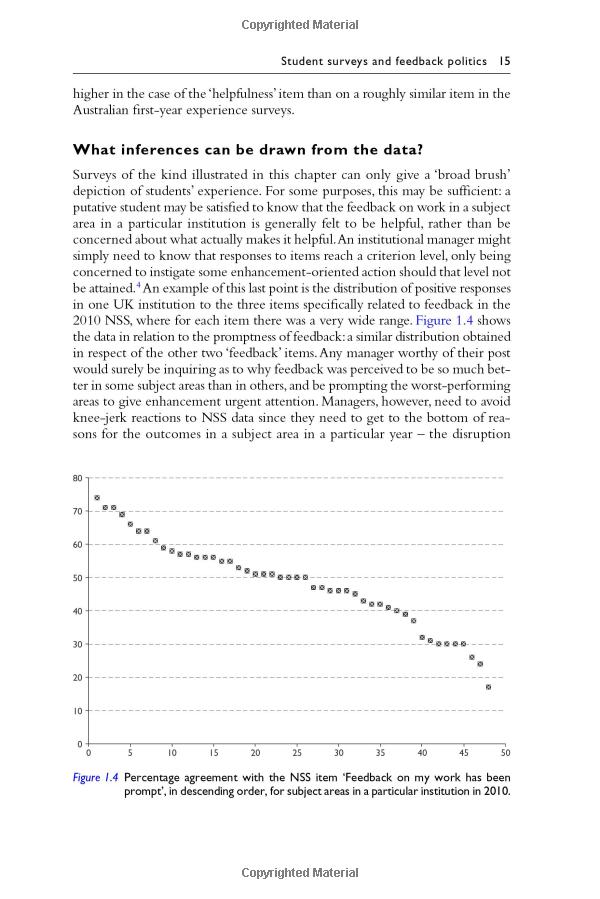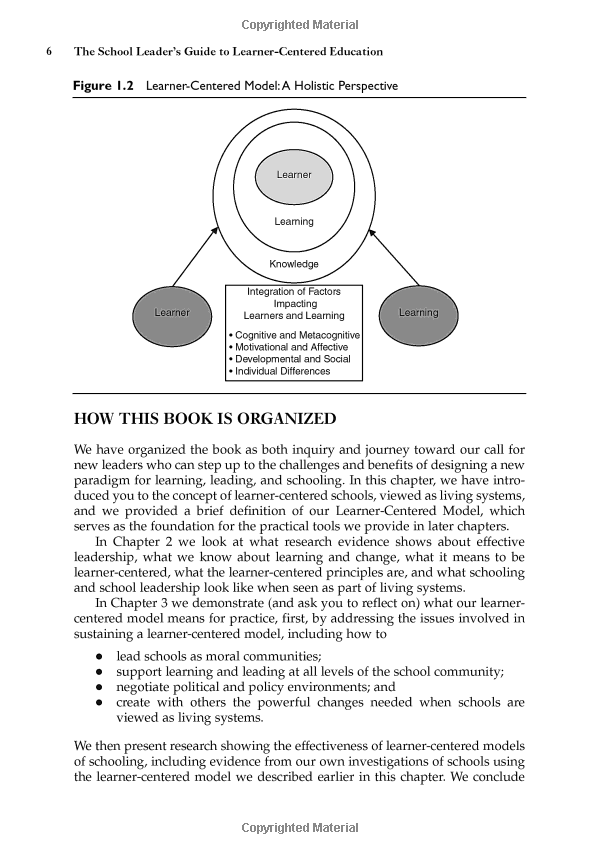Understanding Student Loan Forgiveness: Your Comprehensive Guide to Relief Options
#### What is Student Loan Forgiveness?Student loan forgiveness refers to the cancellation of some or all of a borrower's student loan debt. This can provide……
#### What is Student Loan Forgiveness?
Student loan forgiveness refers to the cancellation of some or all of a borrower's student loan debt. This can provide significant financial relief for individuals struggling to repay their loans. Various programs exist, each with specific eligibility requirements and benefits.
#### Types of Student Loan Forgiveness Programs
There are several types of student loan forgiveness programs available in the United States. The most common include:
1. **Public Service Loan Forgiveness (PSLF)**: This program is designed for borrowers who work in qualifying public service jobs. After making 120 qualifying monthly payments under a qualifying repayment plan, borrowers may have the remaining balance of their Direct Loans forgiven.
2. **Teacher Loan Forgiveness**: Teachers who work in low-income schools or educational service agencies may be eligible for forgiveness of up to $17,500 on their Direct Subsidized and Unsubsidized Loans.
3. **Income-Driven Repayment (IDR) Forgiveness**: Borrowers enrolled in an IDR plan may have their remaining loan balance forgiven after making payments for 20 or 25 years, depending on the plan.
4. **State-Specific Forgiveness Programs**: Many states offer their own loan forgiveness programs for residents who work in high-demand fields or underserved areas.
#### Eligibility Requirements for Student Loan Forgiveness

Eligibility for student loan forgiveness varies by program. Generally, borrowers must meet the following criteria:
- **Loan Type**: Only certain federal loans qualify for forgiveness. For example, PSLF only applies to Direct Loans.
- **Employment**: Many programs require borrowers to work in specific fields or for qualifying employers.
- **Payment History**: Borrowers must have made a certain number of qualifying payments, which can vary by program.
- **Repayment Plan**: Some forgiveness programs require borrowers to be on a specific repayment plan, such as an income-driven repayment plan.
#### How to Apply for Student Loan Forgiveness
Applying for student loan forgiveness can be a detailed process. Here are the steps you should follow:

1. **Determine Your Eligibility**: Review the requirements for the forgiveness program you think you may qualify for.
2. **Gather Documentation**: Collect the necessary documentation, including proof of employment, payment history, and loan details.
3. **Complete the Application**: Fill out the required forms for the specific forgiveness program. For PSLF, this includes the Employment Certification Form.
4. **Submit Your Application**: Send your application and supporting documents to the appropriate loan servicer or agency.
5. **Follow Up**: After submitting your application, follow up to ensure it has been received and is being processed.
#### Challenges and Considerations
While student loan forgiveness can provide substantial relief, borrowers should be aware of potential challenges:

- **Complexity of Programs**: The various programs can be confusing, and eligibility requirements can change.
- **Loan Servicer Issues**: Some borrowers have reported difficulties with their loan servicers, which can delay the forgiveness process.
- **Tax Implications**: Depending on the program, forgiven loans may be considered taxable income, which can lead to unexpected tax liabilities.
#### Conclusion
Student loan forgiveness can be a lifeline for many borrowers, providing a path to financial freedom. By understanding the different programs available, eligibility requirements, and the application process, borrowers can make informed decisions about managing their student debt. If you think you might qualify for student loan forgiveness, take the time to research your options and consider seeking advice from a financial advisor or student loan expert.